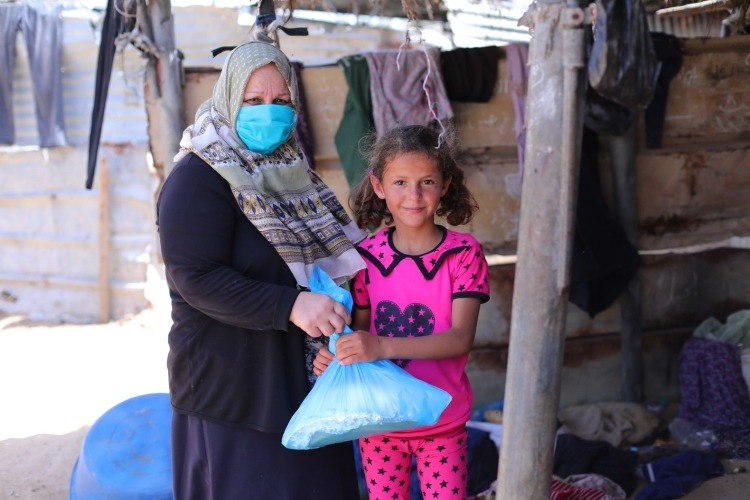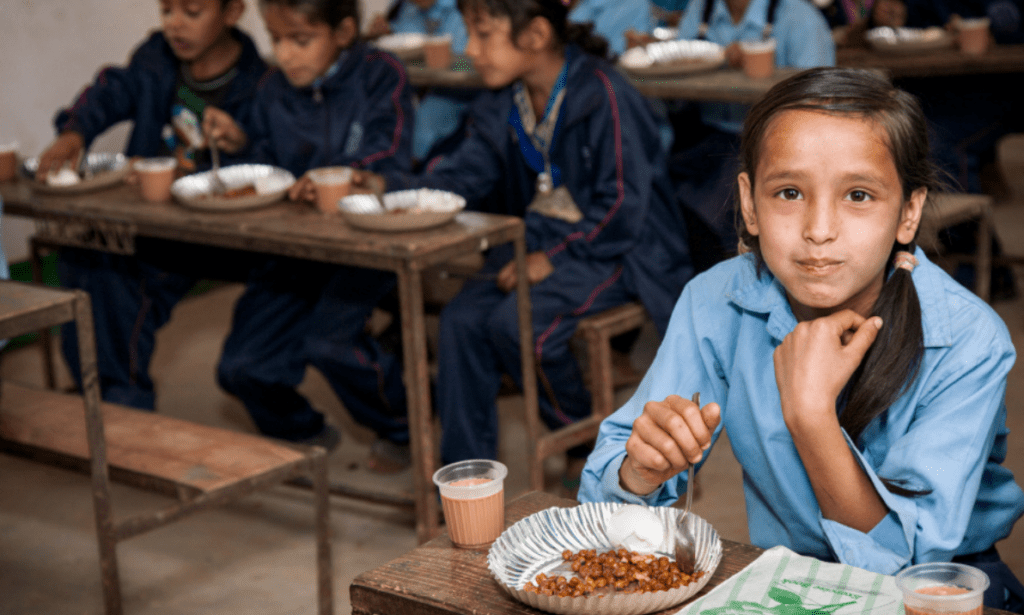Every year, we commemorate World Food Day in honor of appreciating the food we consume whilst simultaneously raising awareness about world hunger. As a result, the World Food Programme (WFP) came up with a new World Food Day theme, which revolves solely around agriculture, food, and investments to improve food production. In addition, a number of organizations are working to eliminate hunger throughout Middle Eastern countries.
Below are 10 groups working to alleviate hunger in their communities by implementing programs to enhance their living conditions and ensure food security.
Al Hima, Jordan
Al Hima works to ensure Jordanian farmers have access to food security by assisting them in acquiring and planting local, organic seeds, pushing for fair-trade agriculture, conducting farmer exchanges, and collaborating with Jordan’s National Center for Agriculture Research and Extension. Thus, by connecting restaurants with local growers, the organization raises awareness about the cultural and culinary importance of heirloom foods. Also, Al Hima is one of the creators of the Slow Food Jordan movement, an organization that focuses on preventing the disappearance of local food cultures and traditions. One of their projects, traditional Crops, aims to encourage farmers to plant local seeds and encourage sustainable agriculture.
Re:Food, Kuwait
Re:Food connects individuals in need with potentially wasted but still safe food. They gather resources from local suppliers, manufacturers, and distributors, before packaging it into nutritionally balanced grocery baskets for delivery to hungry people.
Food Blessed, Lebanon
Food Blessed addresses the right to food as a human right by giving aid in the form of free nutritious meals to poverty-stricken people, particularly to those who are suffering from food poverty and are at risk of food insecurity. Despite advancements in food production, one-sixth of the world’s population continues to be hungry. On the international development agenda, food security and nutrition are making a comeback.
Rebuilding Alliance, Palestine
The pandemic has caused an economic collapse in Gaza and the West Bank with serious consequences for families. However, the carbon footprint is being reduced as a result of lower fuel consumption and local food production. The crisis, however, will have a particularly harsh impact on those most vulnerable, particularly unemployed Palestinians.
Rebuilding Alliance; Mrs. Najah’s Kitchen, Palestine
Mrs. Najah is a refugee in the Gaza Strip born and raised in a refugee camp in Rafah. As the Executive Director of the Women’s Programs Center in Rafah for over 18 years, she has worked to lift and empower women and their families.
Residents of Gaza are now dealing with devastation in the face of COVID-19. Many people can’t afford meals due to the high unemployment rate of over 50%. Even people who have jobs are compelled to remain at home. Women and children are particularly at risk, and only 14% of children under the age of five receive a nutritionally adequate diet. Nonetheless, in this time of distress, healthy, protein-based hot meals delivered to homes make all the difference. In the process, they provide jobs to women as chefs as well as receiving assistance from volunteers at the Professional kitchen of the Women Programs Center.

Suez Canal Healthy Food Industries, Egypt
This newly established company in line with the presidential directions aims to increase livestock breeding and develop meat factories. In addition, they will establish dairy and juice factories, as well as fruit sorting and drying stations.
Lebanese Food Bank, Lebanon
The Lebanese Food Bank’s major goal is to feed those who are hungry in Lebanon, regardless of religion, political affiliation, sexual orientation, race, or nationality, as well as to raise awareness regarding food waste and better resource management.
Saudi Food Bank, Saudi Arabia
The sustainable resource insurance programs for low-income persons relies on the support of institutions to offer monthly nutritional assistance. Thus, this program seeks to provide basic, high-quality foodstuffs to 10,000 families each year, at a rate of 120,000 meal baskets distributed at the beginning of each month, at a rate of 12 subsidies per year.
Jordanian Food Bank, Jordan
The Jordanian Food Bank aims to provide security and eliminate hunger, as well as providing meals and transportation to areas and people in need, such as orphans, the elderly, and individuals with low-income.
In addition, the Jordanian Food Bank wants to establish communication that would enable those with low-income to build their lives and be more included within society.
Food…A Basic Source of Warmth, Egypt
This campaign was launched to emphasize food as an essential source of both warmth and safety throughout the winter days. The campaign will be promoting two feeding programs: Monthly Feeding and School Feeding. Furthermore, the program will provide a hot meals initiative, including the distribution of 5 million hot meals for governorates around Egypt.
On this day, we need to recognize the importance of combating famine, and work more towards ensuring food security around the world!



